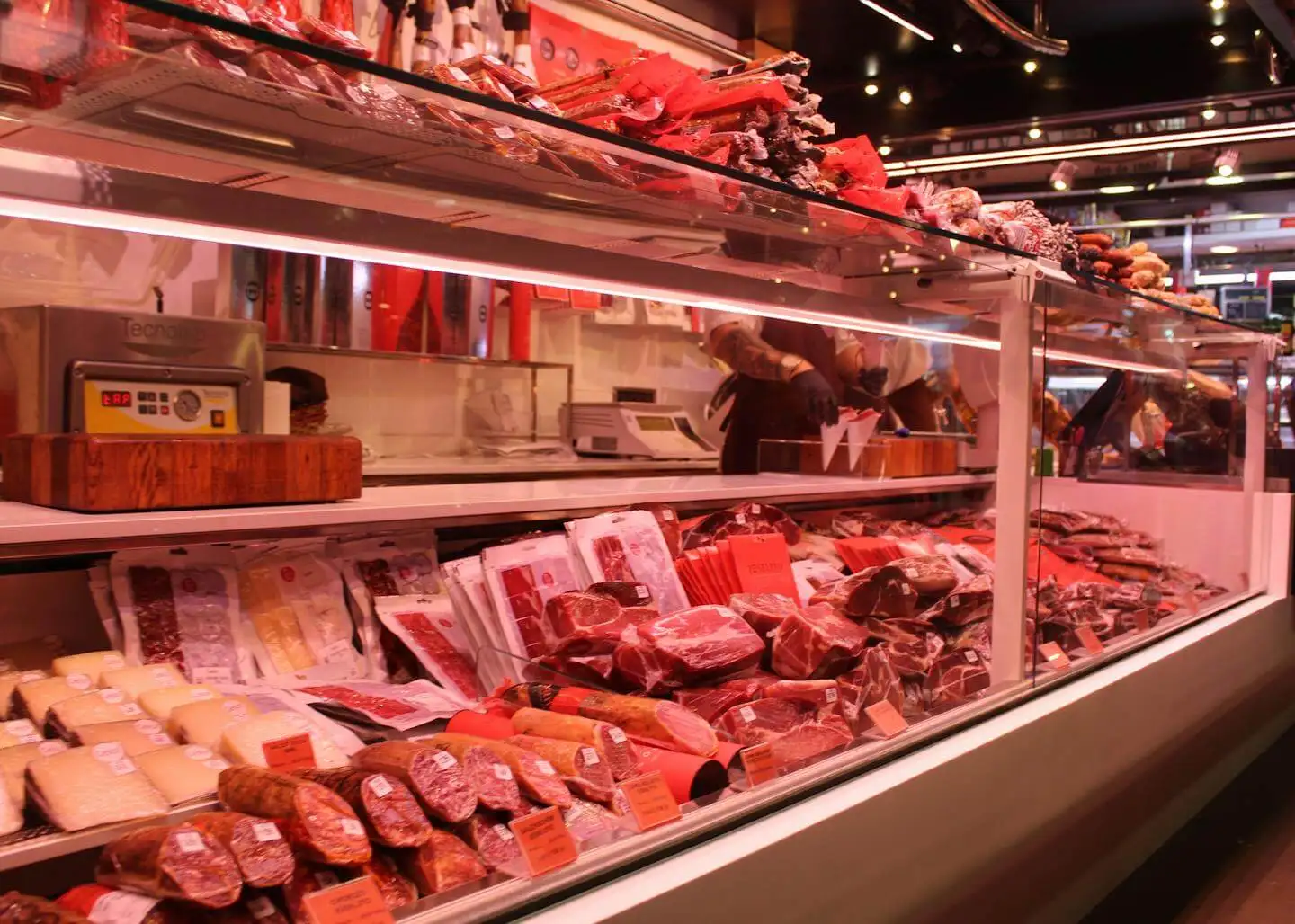 Aji Africa
Aji Africa
15 Oct 2025



15 Oct 2025
Cow meat, popularly known as beef, is the most widely consumed source of animal protein in Nigeria. From local markets to high-end restaurants, beef remains a staple food across all regions and cultures. As Nigeria’s population surpasses 220 million, the demand for meat continues to grow, creating an expanding market for investors in cattle rearing, ranching, and beef processing.
However, despite Nigeria’s large cattle population — estimated at over 20 million heads — the country still struggles to meet its domestic beef needs. Most of the production is carried out by nomadic herders using traditional methods with low productivity. This gap between demand and supply presents an enormous opportunity for investment in modern cow meat production and processing.
Beef contributes significantly to Nigeria’s livestock GDP and provides income to millions of pastoralists and traders. Yet, the industry remains largely informal. Cattle are raised mainly through open grazing and sold in traditional markets, often under poor hygienic and logistical conditions.
Nigeria produces an estimated 500,000–600,000 metric tons of beef annually, while national demand exceeds 1.2 million tons. The shortfall is met through live cattle imports from neighboring countries such as Niger, Chad, and Cameroon.
This production gap highlights the urgent need for investments in ranching, feedlots, abattoirs, cold storage, and meat processing plants to modernize the beef value chain.
Beef consumption is deeply rooted in Nigerian diets and culture. Urbanization, rising incomes, and population growth are pushing demand higher every year. Nigeria’s beef market is valued at over ₦1 trillion annually, making it one of the largest in Africa.
Nigeria imports large quantities of processed beef and hides. By improving local production, investors can replace imports, save foreign exchange, and tap into a ready domestic market.
Cattle farming and beef processing yield returns from meat, hides, bones, offal, and manure. Well-managed feedlot or ranch operations can deliver 30–50% profit margins depending on feed and input costs.
Nigeria can serve regional markets in West and Central Africa with quality beef products, hides, and leather goods. With proper certification, exports to the Middle East and Europe are possible.
Investments in the beef sector stimulate rural employment across the value chain — from herding and feed production to slaughtering, processing, logistics, and retail.
Ranching and Feedlot Systems
Establishing modern ranches for breeding and fattening cattle.
Feedlot systems allow controlled feeding and faster weight gain, improving meat yield and quality.
Feed Production and Supply
Large-scale production of grass, silage, and feed concentrates.
Processing agricultural by-products (e.g., maize bran, soybean meal, cassava peels) into nutritious cattle feed.
Meat Processing and Packaging
Setting up modern abattoirs and meat processing plants with cold chain infrastructure.
Vacuum-packed beef cuts, sausages, and canned beef have huge market potential.
Cold Chain and Logistics
Investment in refrigerated transport, cold rooms, and distribution networks ensures product safety and shelf life.
Retail and Branding
Modern butcher shops, supermarket supply, and branded beef products (organic, premium cuts) appeal to urban consumers.
Leather and By-Products
Cattle hides can be processed into leather for shoes, bags, and belts.
Bones, horns, and manure also have value in other industries (fertilizer, feed, crafts).
The Nigerian government has recognized the importance of livestock in achieving food security and economic diversification.
The Livestock Productivity and Resilience Support Project (L-PRES), backed by the World Bank, is investing over $500 million to improve livestock production and processing capacity.
The 15-Year Livestock Development Master Plan aims to modernize animal husbandry, promote ranching, and reduce conflicts arising from open grazing.
Foreign investors such as JBS (Brazil) have announced plans to establish beef processing plants worth $2.5 billion in Nigeria, signaling growing confidence in the sector.
Several states (e.g., Nasarawa, Kaduna, and Oyo) have allocated land for ranching and livestock clusters to support commercial beef production.
While opportunities abound, investors must understand and mitigate key challenges:
High Feed Costs: Feed scarcity during dry seasons increases production costs.
Poor Infrastructure: Lack of modern abattoirs, cold storage, and transport systems reduces meat quality and shelf life.
Animal Health Issues: Diseases such as Foot-and-Mouth and Trypanosomiasis can cause losses without proper veterinary care.
Open Grazing and Insecurity: Conflicts between herders and farmers threaten livestock production and supply chains.
Limited Finance: Access to affordable credit remains a barrier for small and medium-scale livestock entrepreneurs.
Low Technology Adoption: Many farmers still rely on traditional breeding and feeding methods, leading to low yields.
Conduct Feasibility Studies: Assess land availability, market demand, and input costs.
Adopt Modern Ranching or Feedlot Systems: Improve cattle nutrition and reduce mortality rates.
Use Improved Breeds: Introduce high-yield beef breeds such as Boran, Sokoto Gudali, or White Fulani crossed with foreign breeds.
Ensure Veterinary and Biosecurity Measures: Prevent diseases through regular vaccinations and hygiene protocols.
Add Value through Processing: Establish meat processing units to capture higher margins.
Leverage Government Programs: Apply for grants, training, and credit schemes under livestock development projects.
Form Cooperatives or Partnerships: Collaboration reduces costs and increases access to finance and markets.
Analysts project that the Nigerian beef market could exceed ₦2 trillion by 2030 as population and income levels rise. If productivity improves through ranching and feedlot systems, Nigeria could become a net exporter of quality beef in West Africa.
Furthermore, structured investments in processing and branding can help formalize the industry, improve hygiene standards, and enhance consumer confidence.
Investing in cow meat production in Nigeria is not only profitable but also strategically important for national food security. The industry offers immense potential — from ranching and feed manufacturing to processing, retail, and export.
To realize this potential, Nigeria must transition from traditional open grazing to modern, technology-driven beef production systems. With supportive government policies, private sector investment, and training for local farmers, the country can transform its beef industry into a multi-billion-naira enterprise that generates employment, reduces imports, and strengthens the agricultural economy.
 your Money
your Money